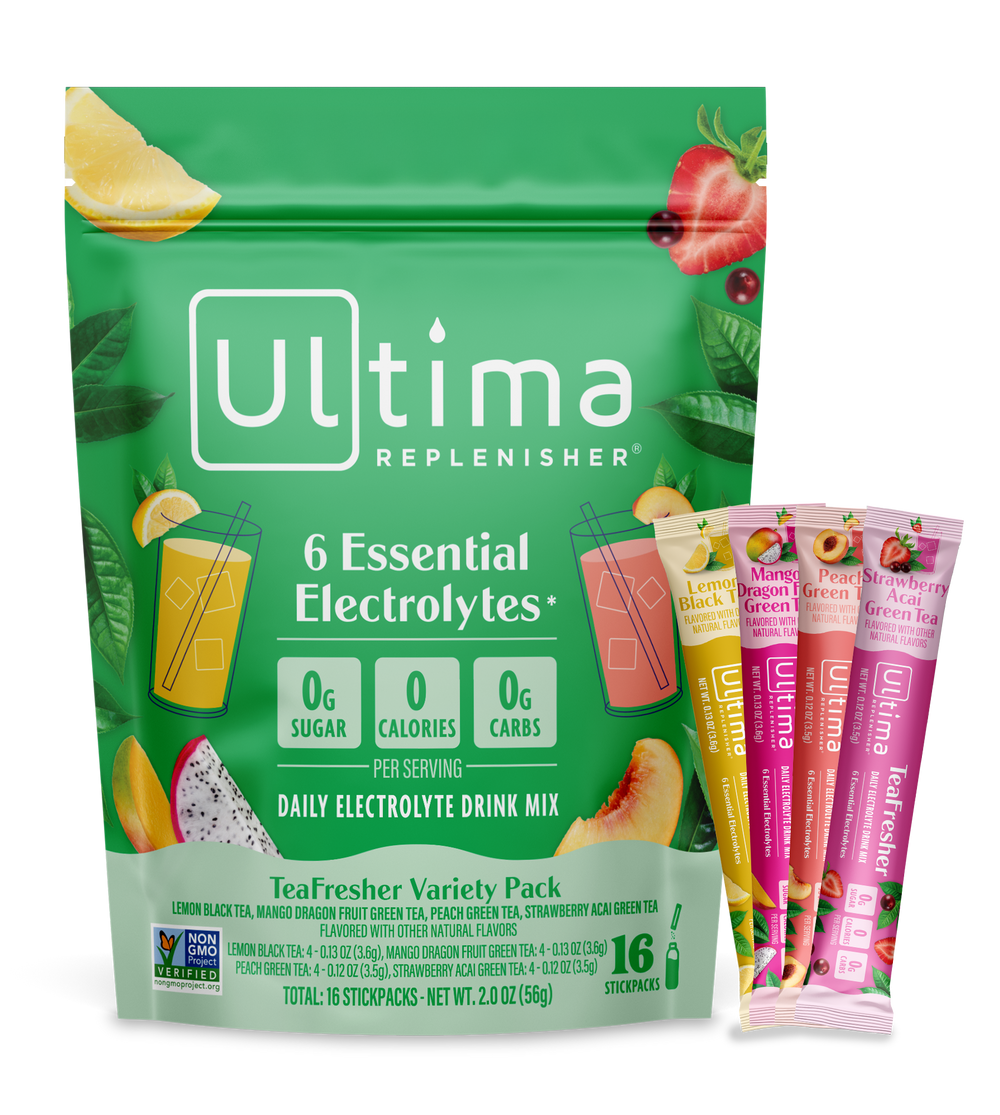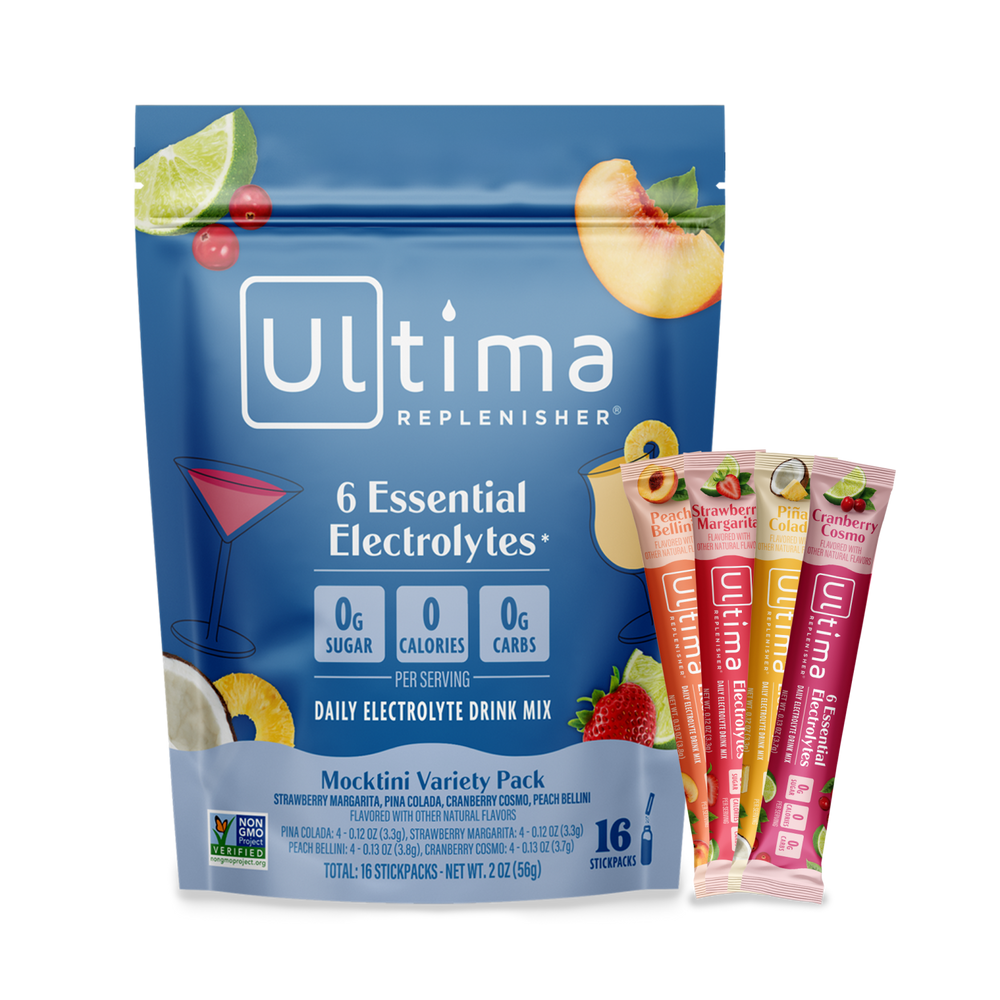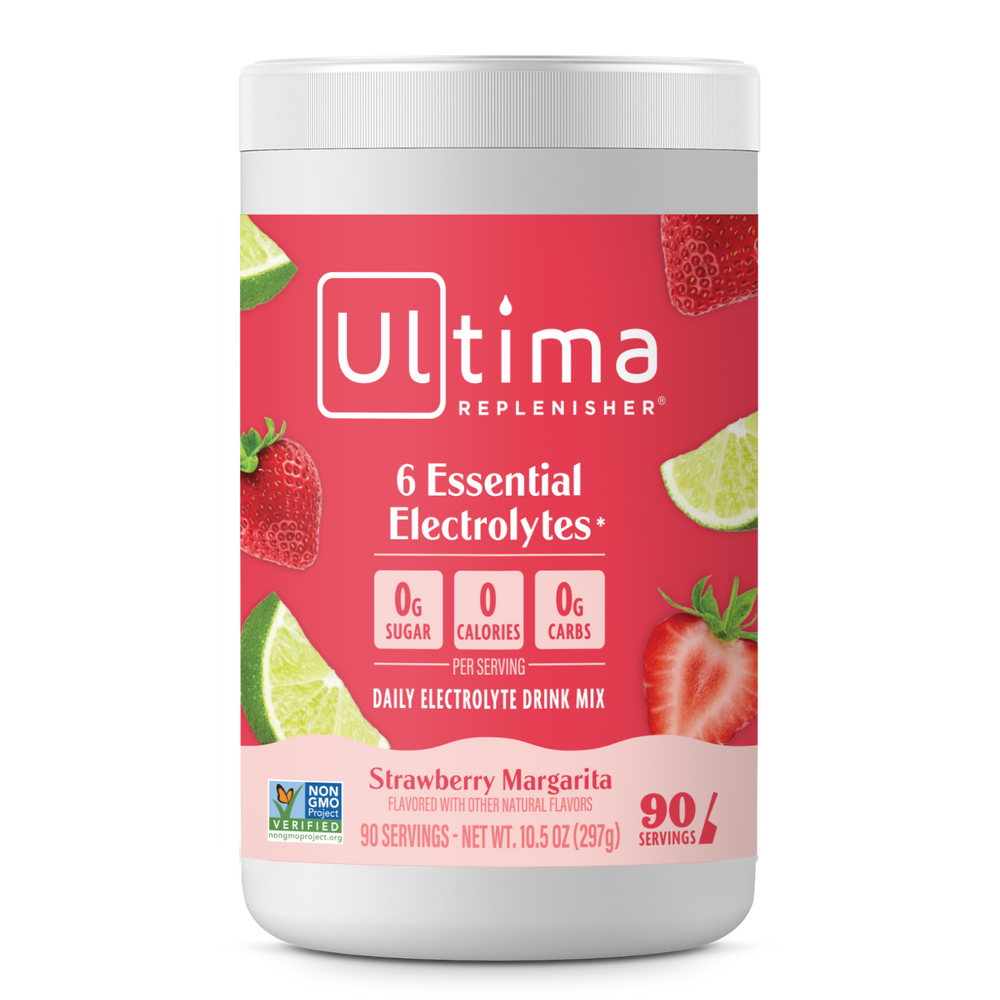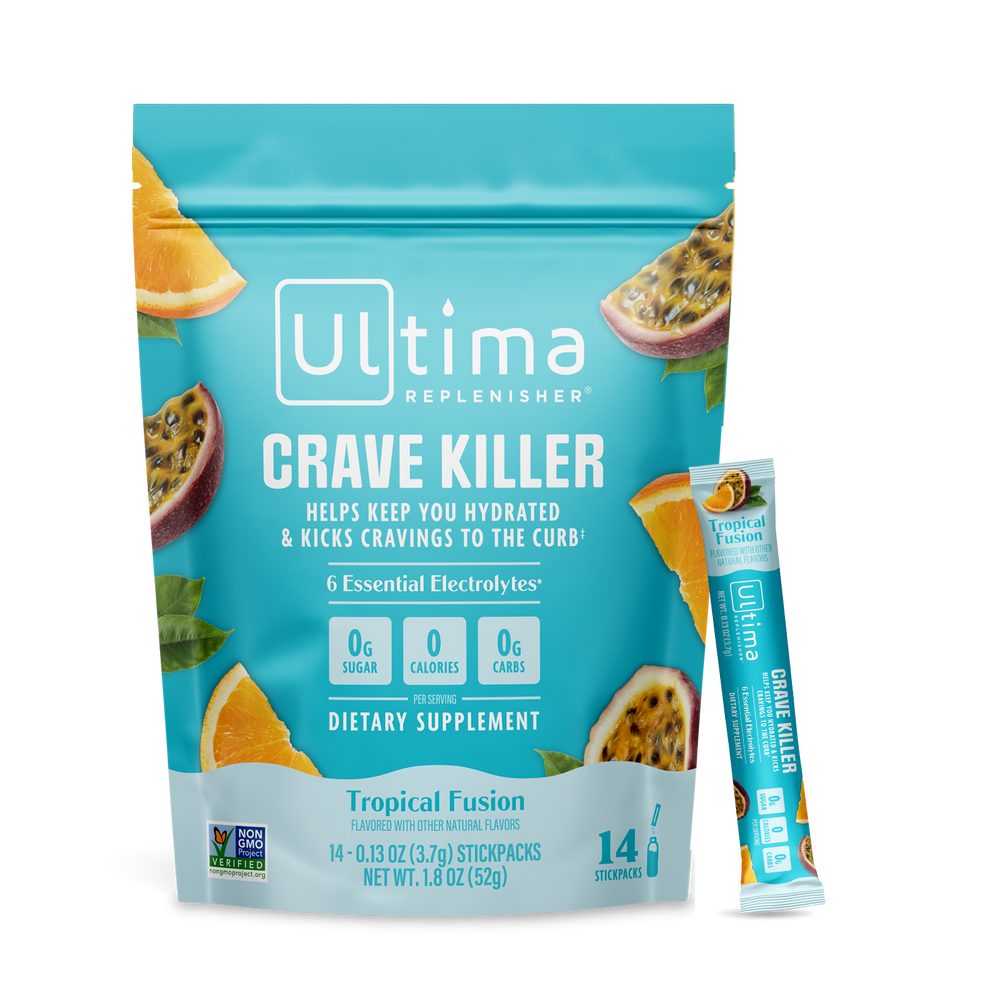
How To Get Enough Potassium On A Keto Diet
How To Get Enough Potassium On A Keto Diet
We’ve all seen the emergence of various new diets and eating plans in recent years. One of the popular ones is the ketogenic diet. Keto has enjoyed a huge increase in following which began in the 90s, with many health enthusiasts swearing by it.
Although the benefits of keto are yet to be studied on a larger scale, a few reports back its effectiveness. Plenty of fitness and health influencers also attest to its weight loss results.
But as with every type of diet plan, keto has its downsides, too. One major drawback is the electrolyte deficiency it causes, especially for potassium.
If you’re looking for ways to get potassium on keto, you’ve come to the right place.
What is a Keto Diet?
Simply put, a ketogenic diet restricts carbohydrate consumption and encourages high fat ingestion. The regimen is based on maintaining ketosis, the metabolic process where the human body burns fat instead of carbs for energy.
Generally, keto dieters need to achieve a macro ratio of 70% fat, 20% protein, and just 10% carb. The experienced ones can even lower their carb consumption to only 5%. This is possible by replacing them with fats.
The Keto diet requires some time for your body to adapt. When you don’t receive enough carbs to convert to energy, it will look for another source of fuel. And if you have an abundance of body fat, it will learn to burn fat for energy instead.
Even though this diet is based on a natural process, it still requires you to eat less variety than usual. As a result, you also consume fewer common potassium sources like potatoes, tomatoes, bananas, which are all high in carbs.
Why is Potassium on Keto Important?
Potassium on keto is essential because this mineral is required for a variety of important biological functions. Along with sodium, it is also responsible for maintaining electrolyte balance in your body.
Some vital bodily functions where potassium helps in are:
- Maintaining pH balance
- Hydration and water balance
- Controlling blood pressure
- Assisting in muscle contractions
- Aiding digestion
- Maintaining healthy heart rate
Given the importance of these functions, a deficiency of potassium can have adverse effects on your body.
Keto is a pretty restrictive diet, especially if you’re just starting out. You may feel a lot more side effects in the beginning, though they are usually signs that your body is shifting to ketosis. One such sign is fatigue, which also signals potassium deficiency.
This is because certain food items like banana, potato, beans, lentils, beetroot, yogurt, and dried apricot, which are rich in potassium, are off-limits to keto dieters.
How to Get Keto Sources of Potassium?
On average, a person on the keto diet should consume anywhere between 4,500-4,700mg of potassium daily. It is easier to increase the intake of sodium in case of a deficiency. But you will also need to up the amount of potassium to balance excess sodium.
Here are alternative keto sources of potassium you can opt for to ensure a healthy amount of the electrolyte in your body:
- Mushrooms
- Sprouts
- Squash
- Pumpkin seeds
- Leafy greens like spinach or chard
- Fish high in fats like salmon
- Clams
- Nuts like almonds and macadamia
- Avocado
Quite a lot of keto-friendly recipes are available either online or in cookbooks. They give keto dieters many options to whip up delicious dishes.
Eating keto-friendly sources of potassium ensures your potassium levels stay normal. It’s also necessary when you lose electrolytes due to exercise or other physical activities. But it can be difficult to maintain a diet where your intake matches the daily requirement. In this case, you can take potassium supplements.
Consuming electrolyte supplement drinks and powder mixes can be a great method of boosting your electrolyte levels. However, many of them contain added carbohydrates, sugars, and artificial sweeteners and flavors which are big no-no’s on keto.
Here’s where Ultima Replenisher’s electrolyte hydration mix comes to the rescue. It can replenish your electrolytes effectively without the unwanted sugar, calories, or artificial sweeteners.
Bottom Line
If you’re just starting out on the keto diet, remember that patience is the key ingredient. It can take as much as a month sometimes to reach ketosis. Meanwhile, you may experience quite a few side effects. This is largely due to your body adapting to the new biological process and dealing with a shortage of electrolytes at the same time.
Ensure that your electrolyte levels don’t take a hit when you’re practicing a keto diet. Consume enough sources of potassium to fight fatigue and weakness.
And because electrolyte supplements may not always be keto-friendly, grab an on-the-go stickpack or canister of Ultima Electrolyte Powder Water-Enhancer to have with you to supplement throughout your day.









